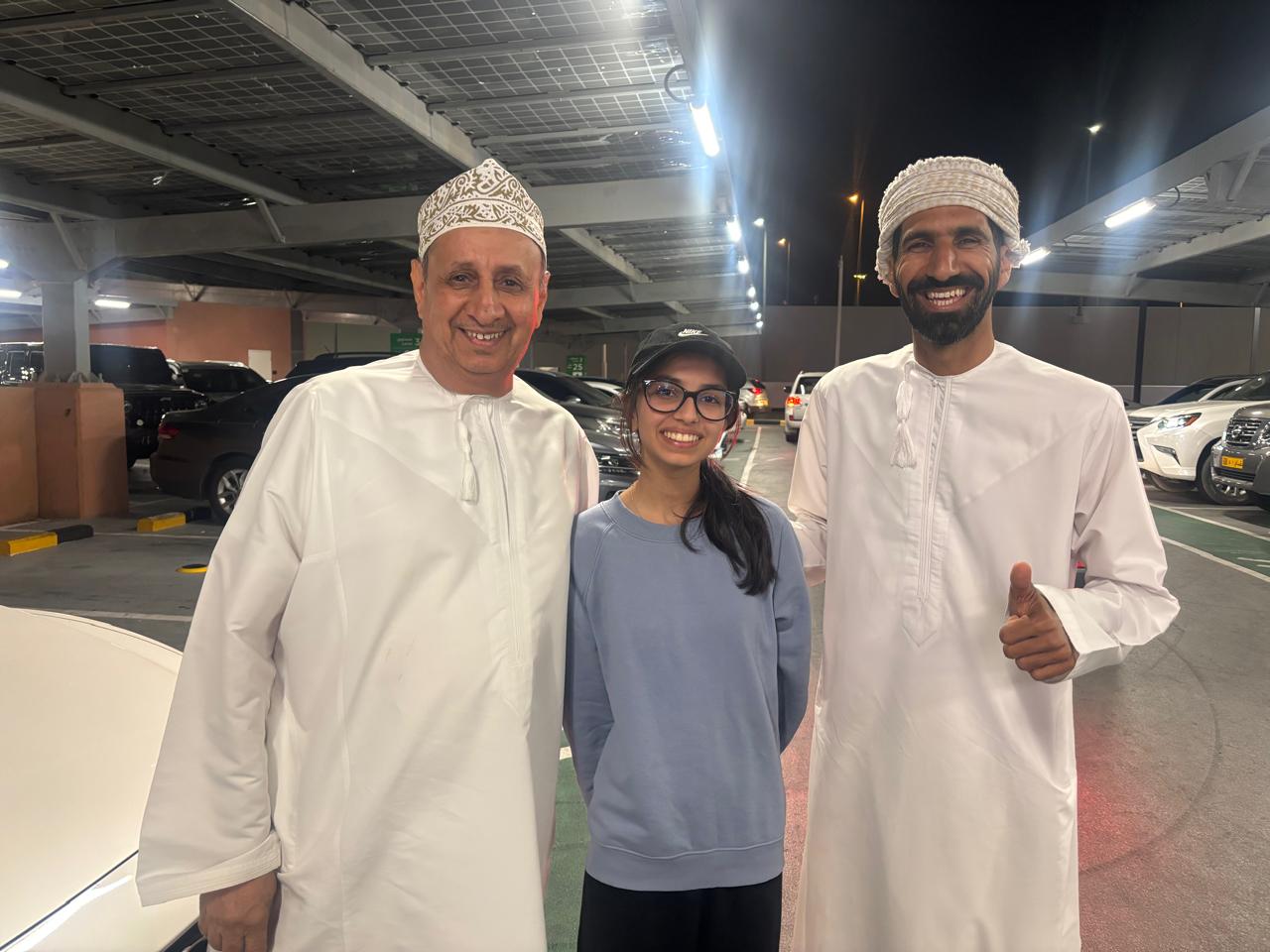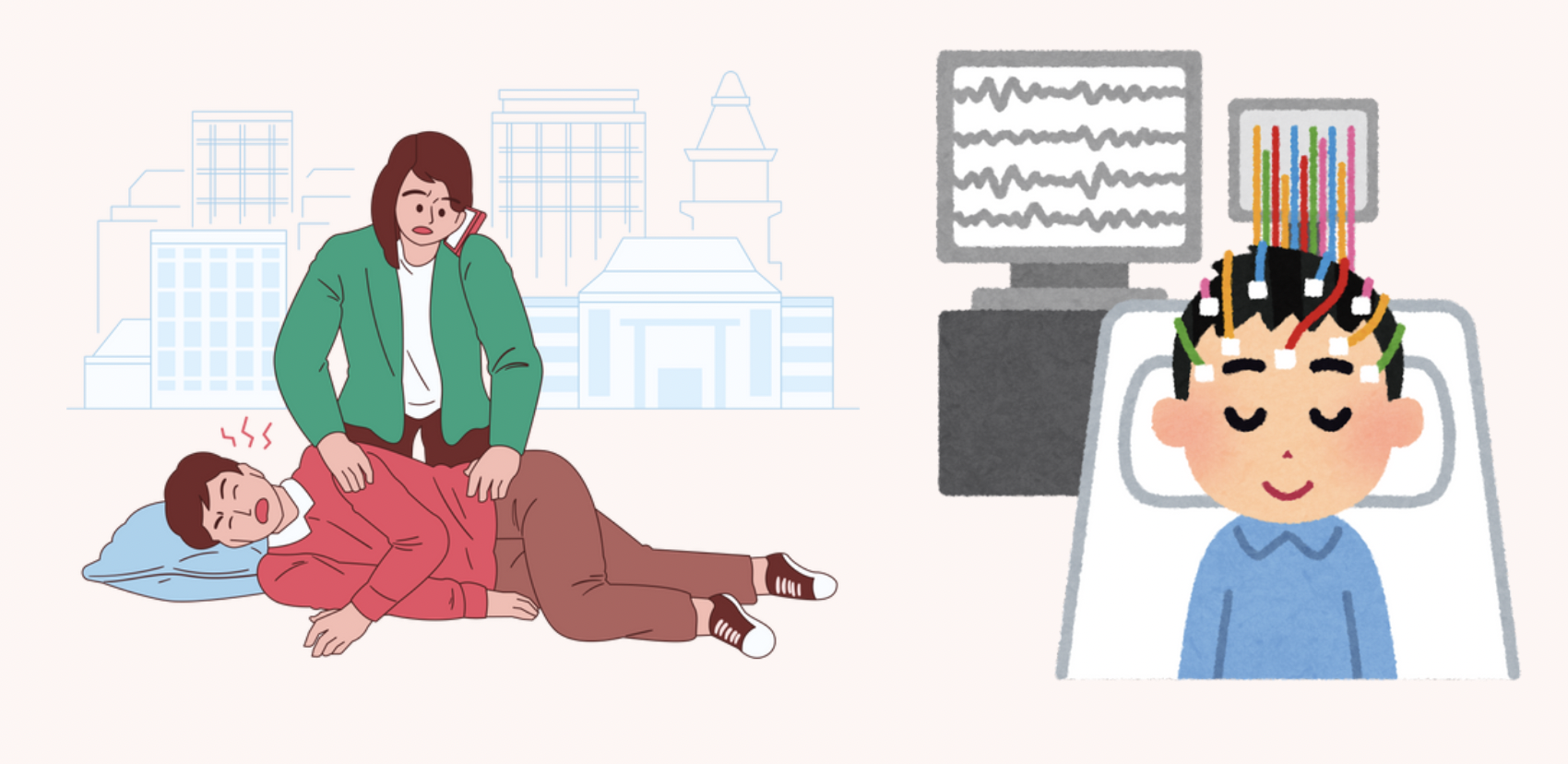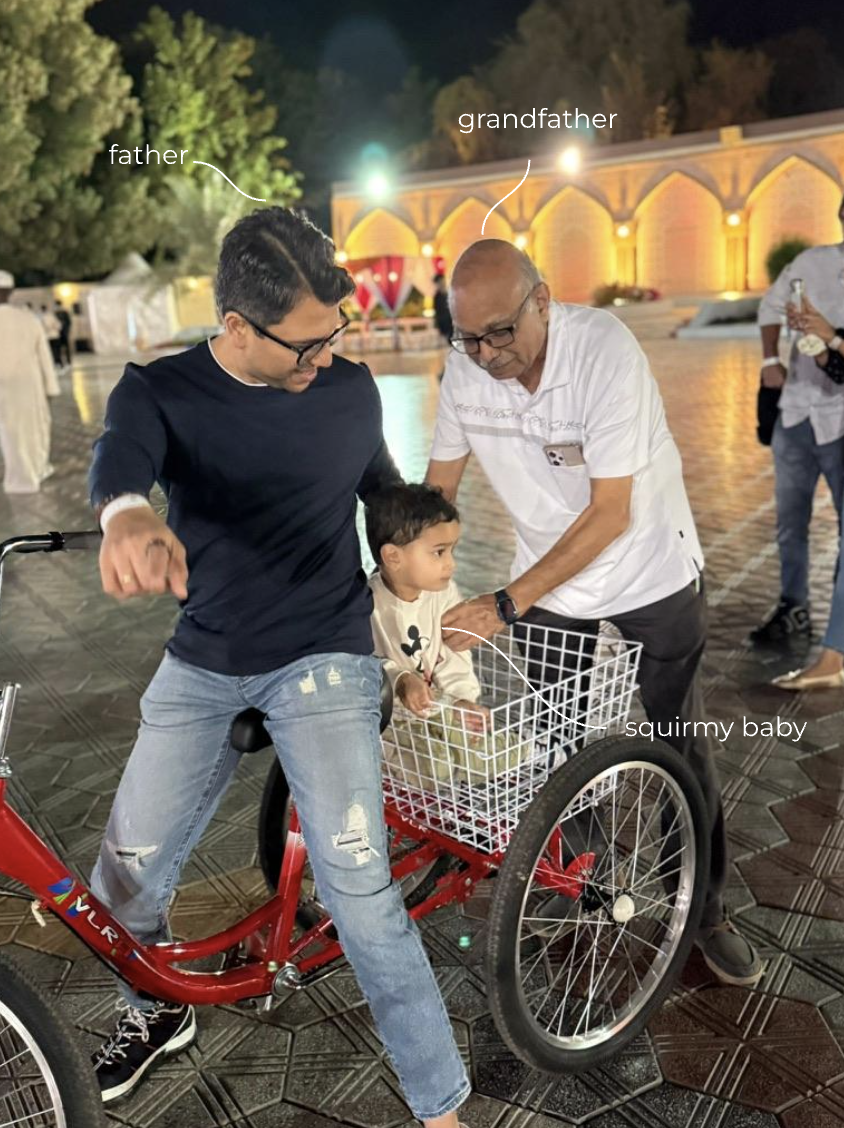Hello everyone!
Welcome to my first blog post! As I write this, I’m sitting in a car, heading back from some of the most amazing sand dunes I’ve ever seen. Actually, scratch that—they’re the only sand dunes I’ve ever seen (I was too young to remember the ones in Dubai).
So, where did I see them? As the title suggests, in Muscat, Oman.
Yes, Muscat.
Not exactly the first place people think of for vacations—or even a place many have heard of. Trust me, when I told my friends where I was heading for Christmas break, most of them asked, “Where’s Muscat?” But take my word for it—it’s a place you’ll want to visit at least once in your lifetime.
Muscat, the capital of Oman, sits along the Gulf of Oman, facing the Arabian Sea. It’s an absolutely beautiful city, blending stunning architecture, rich culture, and breathtaking natural beauty. Steeped in Islamic traditions, Oman is one of the oldest countries to practice the religion, and Muscat is a fascinating mix of ancient roots and modern life.
It may be a small city, but it’s incredibly diverse. In just two days, we saw beaches, mountains, an oasis, and the desert—all of that in one place! (And yes, we managed the desert and the oasis on the same day.) The weather was as unpredictable as the landscape: 25°C in the morning, dropping to 8°C by evening. My grandmother, who started the day in a T-shirt and cap, ended it bundled up in a jacket and two shawls. That’s Oman for you—always full of surprises!
But here’s the thing: while we were all sniffling and coughing the next two days, the locals were perfectly fine. No matter where they’re from—mountains, deserts, or coast—they seemed completely at ease. It’s not just because they’ve lived here forever; it’s also thanks to their prevention techniques and home remedies.
Our incredible tour guides, Walheid Alkharyu and Ali Aljabri (a local from Al Hamra, a town of about 20,000 people), were kind enough to share some of these remedies in an interview.
Here’s how it went:
Question: With so many different climates in Oman, from desert to mountains to coast, are there any Arabic home remedies to prevent sickness from these conditions?
Answer: More than remedies, people in Oman move houses with the seasons. For example, in summer, when the heat gets unbearable—almost 50°C—we move back to the old clay houses in our villages. Clay keeps the houses cool, and the light-colored walls reflect sunlight. Some people also move to the mountains or their farms.
When it comes to food, we don’t change much, but in colder weather, we eat honey. In summer, we eat foods that double as medicine, like za’atar (a spice blend with thyme, oregano, and marjoram), which helps open clogged noses and throats. Lemon juice with a little sugar keeps us hydrated and cool, and we eat fruits from our own trees.
Question: Are there any Arabic home remedies people may not know about, but have been part of your culture for years?
Answer: I don’t think there’s much that people don’t know about—Google is free! We even use it sometimes to look up Arabic recipes. But spices like turmeric (haldi), thyme, and sage are common in our food and play a big role in keeping us healthy. We also drink ginger water. Old people especially drink it regularly because they don’t like going to hospitals and hope it helps them stay out of one.
Question: Can you tell us about the Omani healthcare system and how it benefits locals?
Answer: Medicine here is free. We only pay 200 paisa (about 0.52 USD) for any treatment, whether it’s a major surgery or a basic health checkup. We have specialist doctors from all over the world, so there’s no need to leave Oman for treatment. After 60, some people go for checkups every three months.
Question: Why are dates such a big part of Arabic culture? Do they help with immunity?
Answer: Yes, definitely! When we eat dates, we don’t even need rice or meat. During travel, we carry dates and dry bread because they last long and keep us full. In summer, we eat ratab (a type of date) with milk—it’s a great high-calorie meal, and we eat them every day.
I hope you found this interview insightful and learned a thing or two about the Arabic way of staying healthy and preventing sickness!
In part two of my Muscat review, I’ll share a few healthcare-related mishaps my family experienced and how the wonderful people in Oman helped us navigate them in a completely unfamiliar setting.
Until next time—
Mae alsalama!



